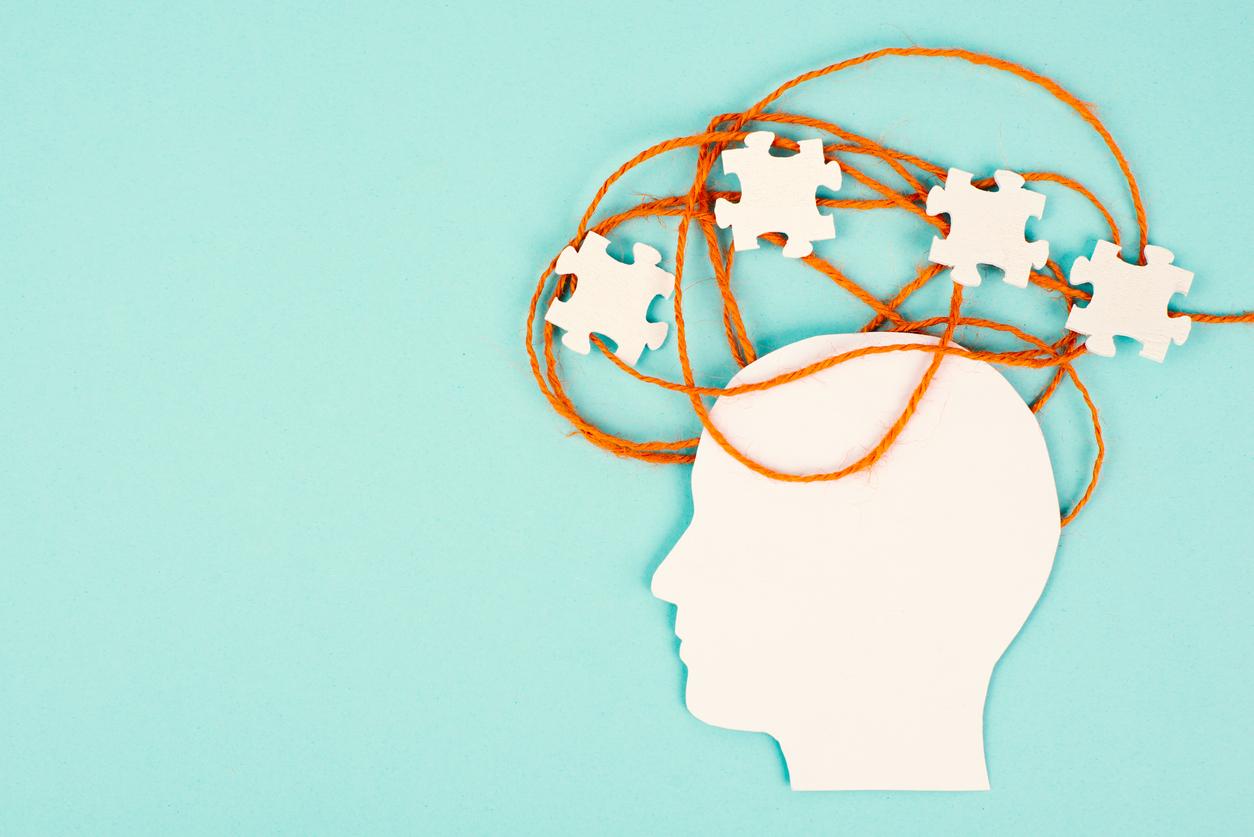A new study reveals that children with attention deficit hyperactivity disorder have poorer cognitive performance than others as adults.

- Childhood ADHD is associated with impaired cognitive functioning in adulthood, a new study suggests.
- Patients had lower cognitive performance on 13 of the 21 measurements compared to the others.
- For the researchers, their results show the importance of diagnosis and early treatment of the neurodevelopmental disorder.
According to health authorities, 5% of children and adolescents worldwide are affected by attention deficit disorder with or without hyperactivity (ADHD). And it seems that it could have a significant impact in the long term.
A study from the University of Helsinki, published in the journal Frontiers in Psychologyin fact reveals a link between this neurodevelopmental disorder and lower cognitive performance in midlife.
ADHD: lower cognitive performance at age 40
To better understand ADHD and its long-term effects, the team led by Nella Schiavone brought together 39 patients diagnosed with ADHD in childhood, 79 people with symptoms of hyperactivity in childhood but not all of the criteria for the disorder (subthreshold childhood attention group; subthreshold childhood ADHD in English), 255 volunteers with similar profiles at birth but without ADHD symptoms as well as a control group of 69 people. All participants were followed over several decades from birth. They were evaluated with multiple neuropsychological tests in the areas of verbal reasoning, perceptual skills, memory, working memory, attention, executive functions, and speed.
The researchers found that the groups’ performance at age 40 differed across all cognitive domains. Volunteers in the childhood ADHD group showed lower performance on 13 of the 21 measures taken.
The largest differences were observed for verbal reasoning, perceptual skills, memory and speed (0.51 to 0.62).
In addition, 23% of them had a low score in at least 3 cognitive domains. For comparison, the rate was 4 to 6% for other participants.
Furthermore, the “subthreshold childhood attention” group had lower scores in 5 tests compared to the control groups.
“It is notable, however, that a third of the ADHD group did not show deficits in any of the domains”specify the authors. “This is expected due to the complexity and heterogeneity of cognitive functioning in ADHD”they add.

ADHD: improving support to reduce difficulties
In their article, the scientists believe that their results – consistent with other studies on the subject – underline “the need to manage cognitive dysfunction and associated impairment early on”. They will also be able to help health professionals to better understand ADHD and to improve the care of adults with ADHD in childhood.
The diagnosis and support of people affected by the neurodevelopmental disorder is essential to reduce its consequences on their daily lives. In France, the High Authority of Health (HAS) has just revealed new recommendations to improve the screening and care of young people affected by ADHD.
















